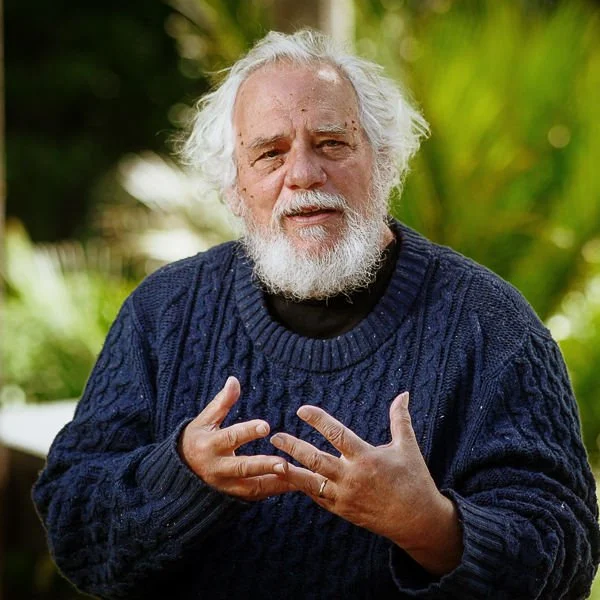Indigenous Embassy Jerusalem is a platform for the indigenous of the nations to express their solidarity with Israel and the Jewish people.
Indigenous Embassy Jerusalem is a registered Amuta (non-profit entity in Israel). It is also incorporated in New Zealand as a charitable trust board. Indigenous Embassy Jerusalem was founded by academic Dr Sheree Trotter and former cabinet minister Hon Alfred Ngaro. The initiative was spearheaded by Jerusalem’s Deputy Mayor, Fleur Hassan-Nahoum. Read the media release approved by Ministry of Foreign Affairs.
DIRECTORS
Dr Sheree Trotter is Maori (Te Arawa). She earned her PhD in history from the University of Auckland with a thesis on Zionism. She is author of Zionism at the Ends of the Earth. Sheree is a Fellow of London Centre for the Study of Contemporary Antisemitism and Alumna of the ISGAP-Oxford Institute. In 2012 she co-founded the Holocaust and Antisemitism Foundation for whom she has interviewed seventy Holocaust survivors. She is convenor of the annual IEJ Academic Symposium at Bible Lands Museum, Jerusalem. Sheree was listed by Algemeiner in their J100, Top 100 People Positively Influencing Jewish Life, 2024.
Read endorsements from Jewish community leaders, and others.
Hon Alfred Ngaro Alfred was a member of the New Zealand House of Representatives from 2011 to 2020 and the first Cook Islander elected to Parliament in New Zealand. As a Member of Parliament Alfred re-established the Parliamentary Friends of Israel Group. He served as a Cabinet Minister in the National Government and was an active advocate on social issues. Alfred was listed by Algemeiner in their J100, “Top 100 People Positively Influencing Jewish Life, 2024”.
ACADEMIC CO-CONVENOR
Emeritus Prof Wayne Horowitz, Hebrew University, is an archeologist and academic specializing in ancient Near East and Assyriology. He works closely with Dr Sheree Trotter in co-ordinating and steering the annual Indigenous Embassy Jerusalem Academic Symposium at Bible Lands Museum.
Indigenous Embassy Jerusalem: Statement of Purpose
Updated 21 February 2025
To stand against antisemitism and provide a tangible expression of indigenous peoples’ support for Israel and affirmation of the Jewish people’s indigenous status.
To undertake and promulgate academic work to respond to false narratives and ground the argument for Jewish indigeneity through symposia, conferences and publications.
To develop diplomatic and governmental networks of influence.
To provide a symbolic doorway, a place of welcome and an information hub for indigenous peoples visiting Israel and to foster relationships and mutually beneficial collaborative projects in education, arts, business and innovation.
To create media, exhibitions, films, podcasts and news programmes; to establish and maintain an online presence; to stage events in Israel and around the world in pursuit of the above goals.




